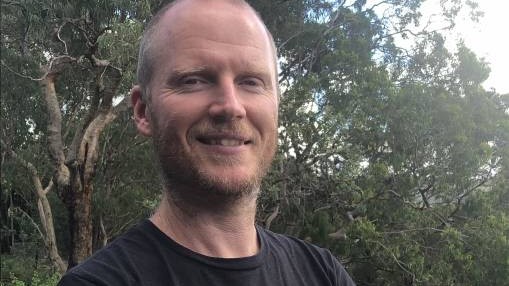Award recognises Hamish Clarke's outstanding research contributions to bushfire risk and climate change impacts

University of Wollongong (UOW) researcher, Dr Hamish Clarke has been named as a recipient of a 2021 Tall Poppy Science Award.
The prestigious Tall Poppy Science Awards recognise the achievements of Australian scientists in activities to promote interest in science among school students and teachers and as an appreciation of science in the broader community.
Dr Clarke has been actively researching what drives bushfire risk in Australia and around the world, and how we can respond to it. He works closely with the frontline fire agencies and studies prescribed burning effects on risk mitigation, fire weather, ignition causes and fuel moisture.
"Fire weather was particularly bad during the 2019-20 fire season, yet it also fit a long-term trend of worsening conditions in many parts of Australia, which could get even worse under climate change. It's a serious issue for fire managers and communities living in fire prone areas," Dr Clarke said.
"Prescribed burning can reduce bushfire risk, but it's not a silver bullet. By measuring benefits and costs of planned burning, we are trying to help fire managers compare the effectiveness of different strategies and understand trade-offs, like with smoke impacts on human health."
Dr Clarke's work covers a range of areas such as fire ecology, climate science and environmental risk management.
"Both bushfires and climate change are complex physical phenomena with a strong human influence. It's a privilege to be part of interdisciplinary efforts to understand them and support society to reduce the risks they pose," Dr Clarke said.
He works with a range of small and big data, using climate models, fire behaviour simulators and many different observations such as agency fire mapping and weather station records.
In 2014, he co-founded Science at the Local, a highly popular community science initiative that brings scientists and residents together in the Blue Mountains where he lives. He also developed the Four Friends of Fire, a cartoon that explains the key drivers of fire and has over 20,000 views. Last year he won funding to produce a sequel looking at fire and climate change. He previously worked as a freelance writer for Cosmos magazine and developed short pieces for ABC's The Science Show.
Dr Clarke's full profile can be accessed from UOW's Scholars page.






